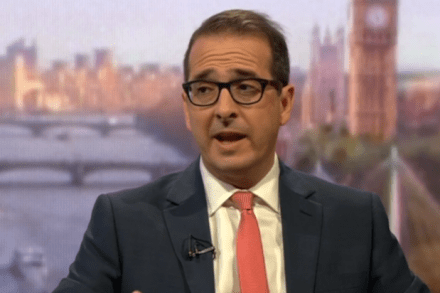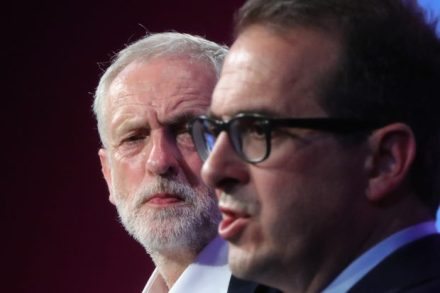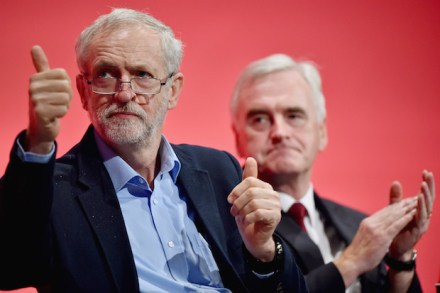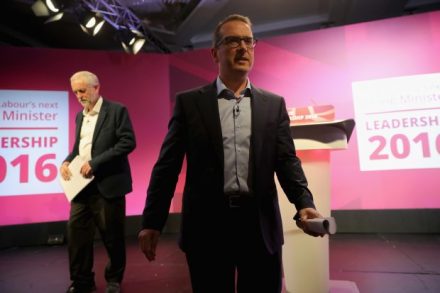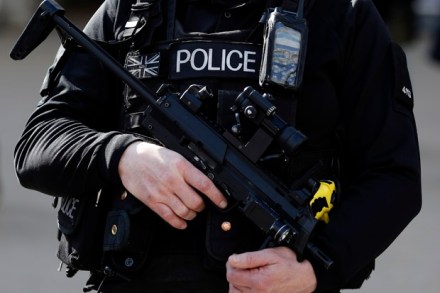Owen Smith: UK could join euro and Schengen
Why on earth did Owen Smith say that he might consider re-joining not just the European Union but also the euro and Schengen? Some of the Labour leadership contender’s colleagues have been asking the ‘why on earth’ question a fair bit this summer, not least when he made the interesting decision to out-Corbyn Corbyn on the small matter of Islamic State. But today the Pontypridd MP told Andrew Marr that if certain conditions, such as a further recession, privatisation of the NHS and so on, were met, ‘I think the sensible and responsible thing for a Labour government to do is to say we’re better off in the European Union’.
